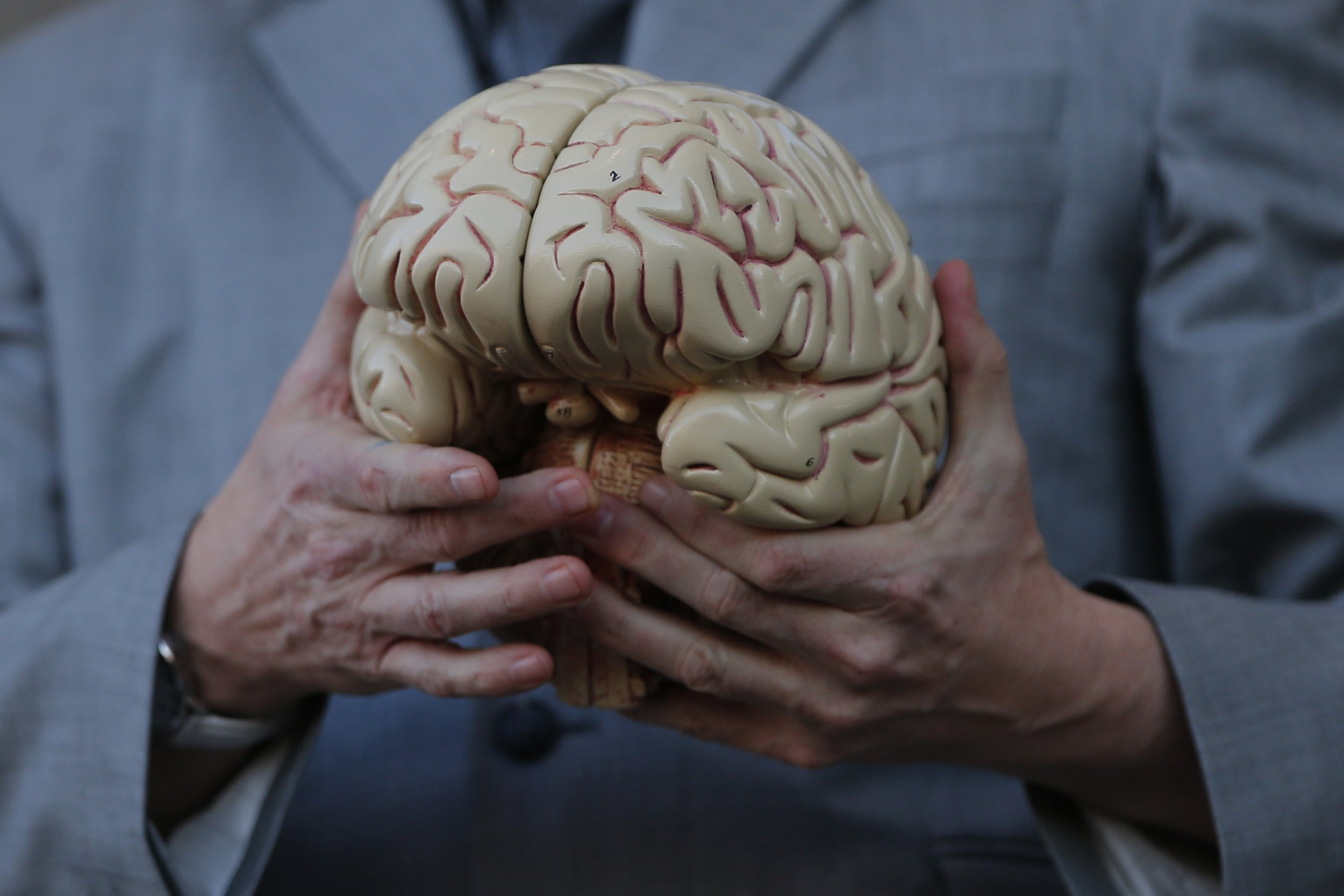The impact of delirium on older adults with Alzheimer’s disease and related Dementias (ADRD) became a widely unexplored subject for researchers.
But now, in a recent study, published in the Journal of the American Geriatrics Society, researchers explored how patients with Alzheimer’s are impacted by delirium.
For the study, a team of Boston-based researchers examined 352 participants aged 70 and over between 2015 and 2017. Of the 352 participants, 85 were diagnosed with likely having ADRD at the study’s initiation. The study lasted for a span of one year.
According to the findings, 25 percent of participants went on to exhibit delirium. Of the 85 participants with ADRD, almost half exhibited delirium throughout the course of the study.
“We examined the association between delirium severity and outcomes of delirium among persons with and without ADRD,” the findings read.
“Patients with ADRD had a significantly higher relative risk (RR) for incident delirium.”
“In patients with ADRD, delirium was more severe and associated with a trend toward increased mortality at 1 month. Although the increased risk remains substantial by RR, the study had limited power to examine the rarer outcome of death,” the co-authors concluded.


